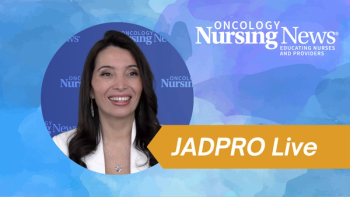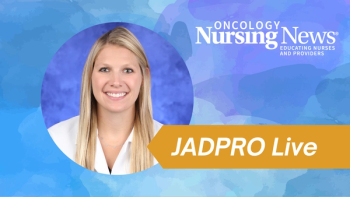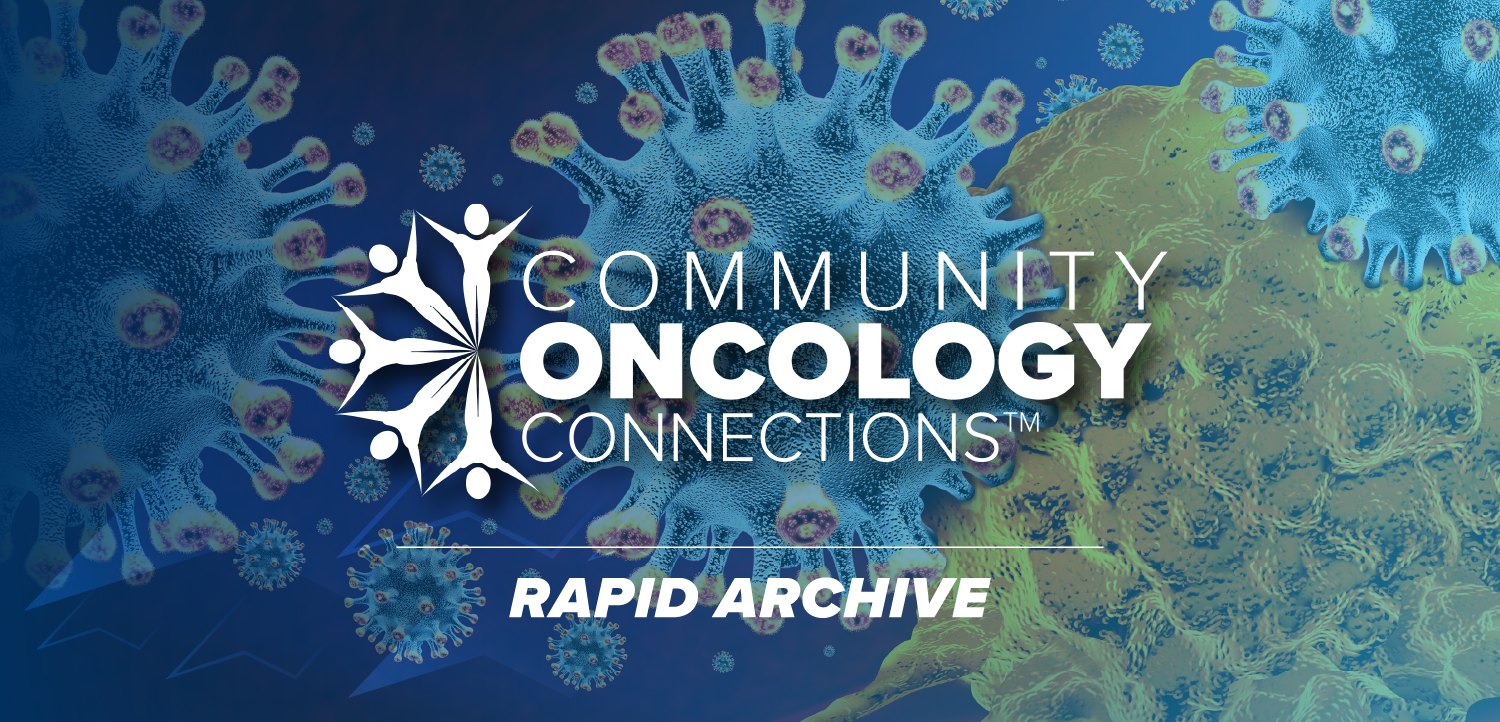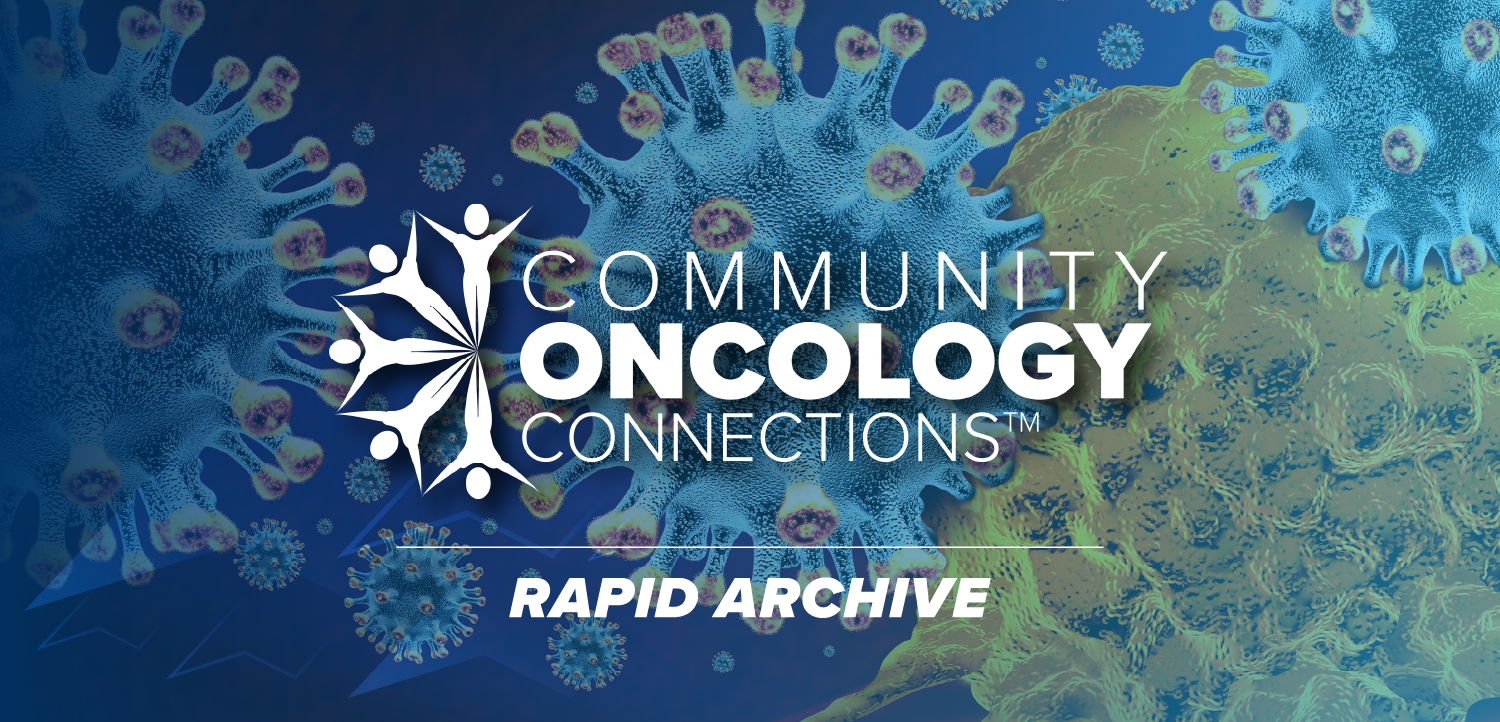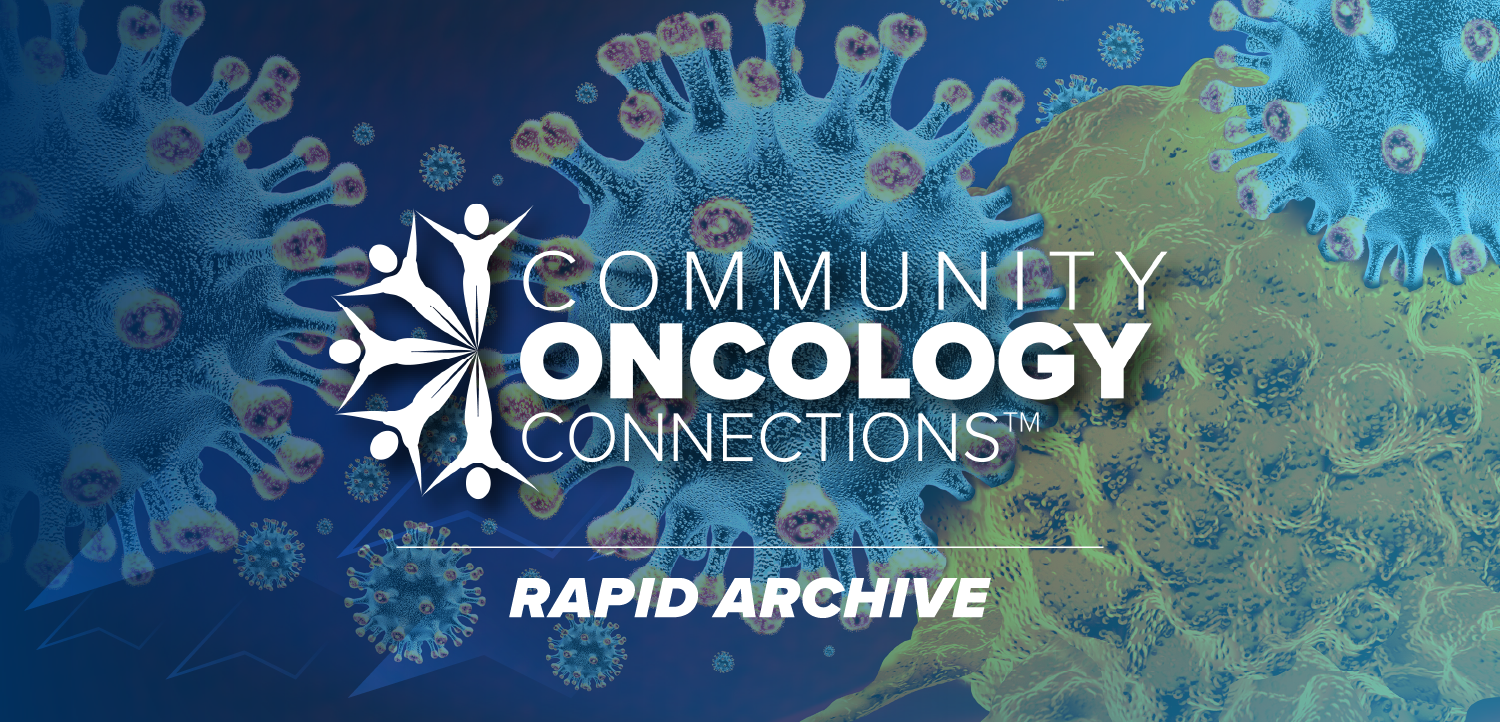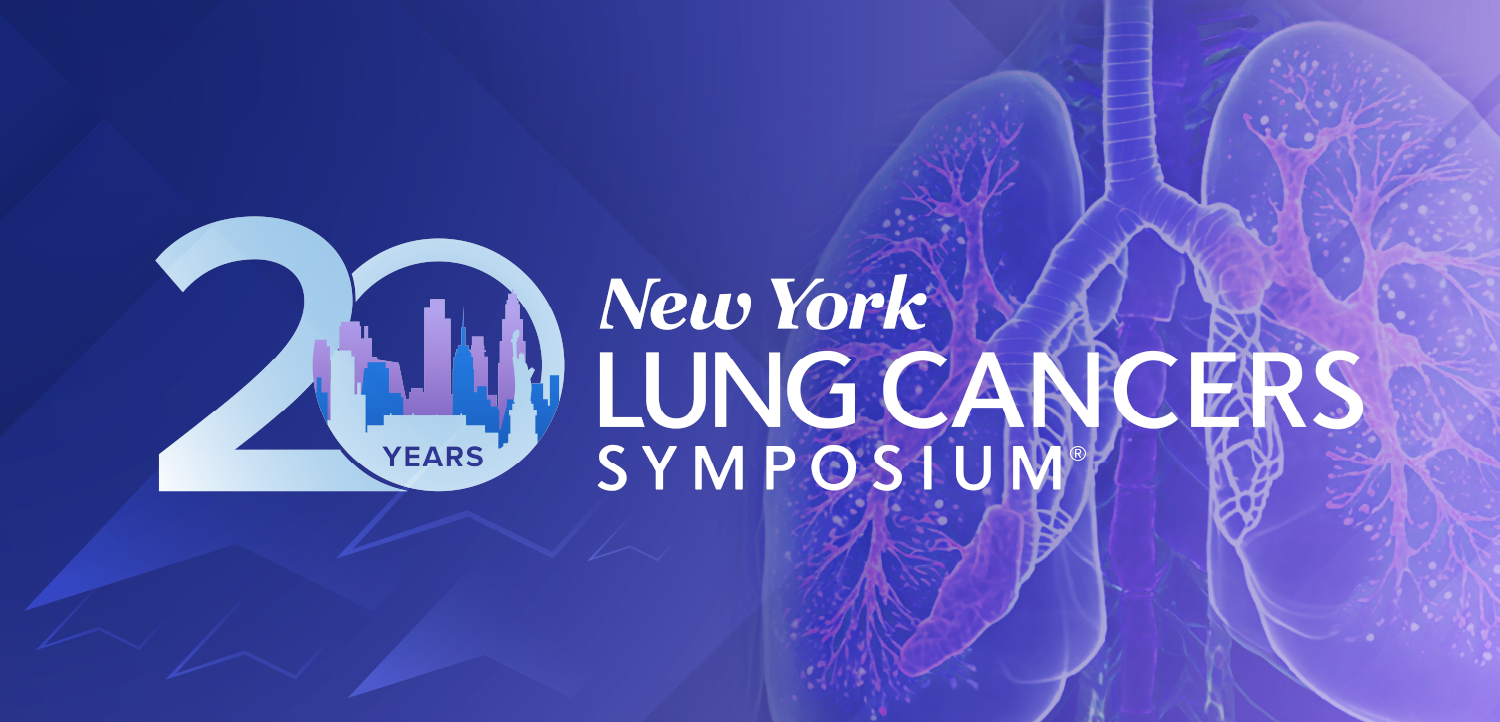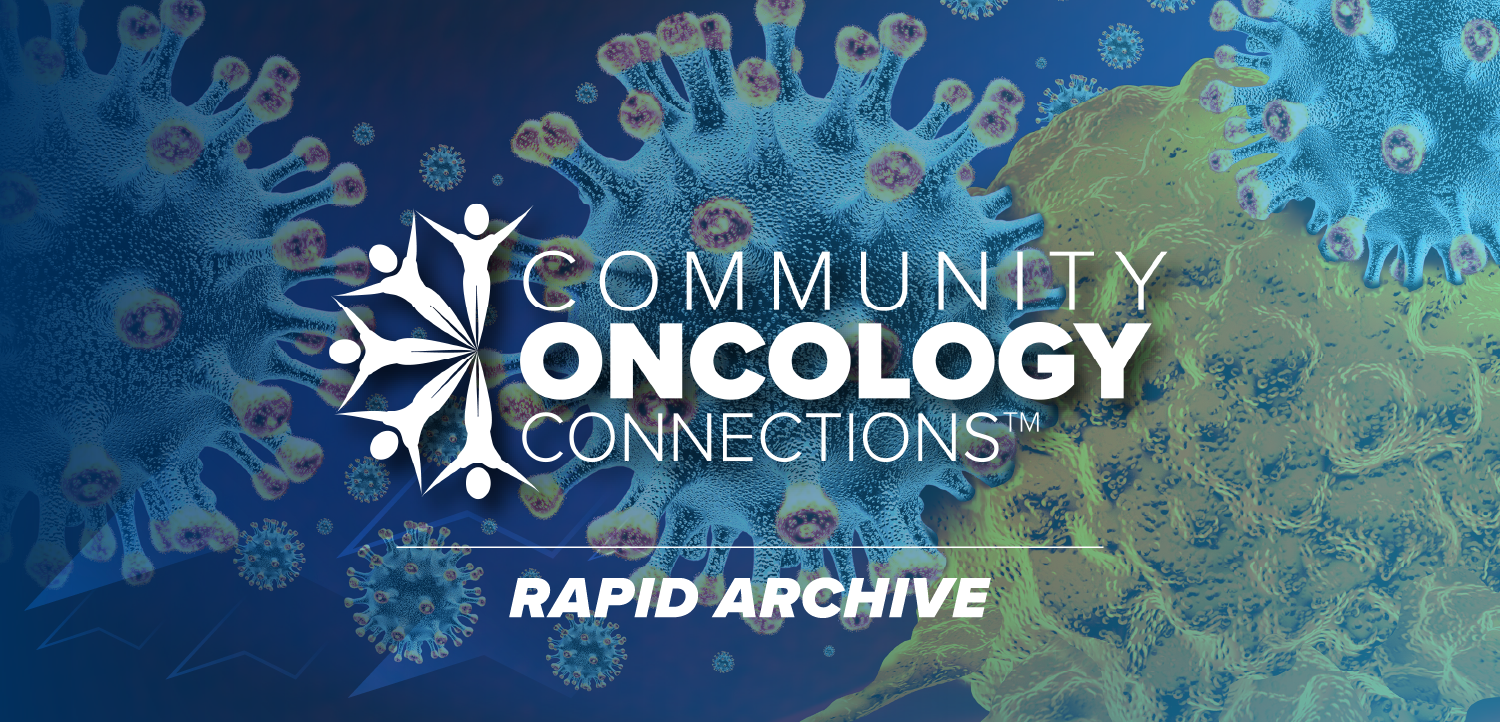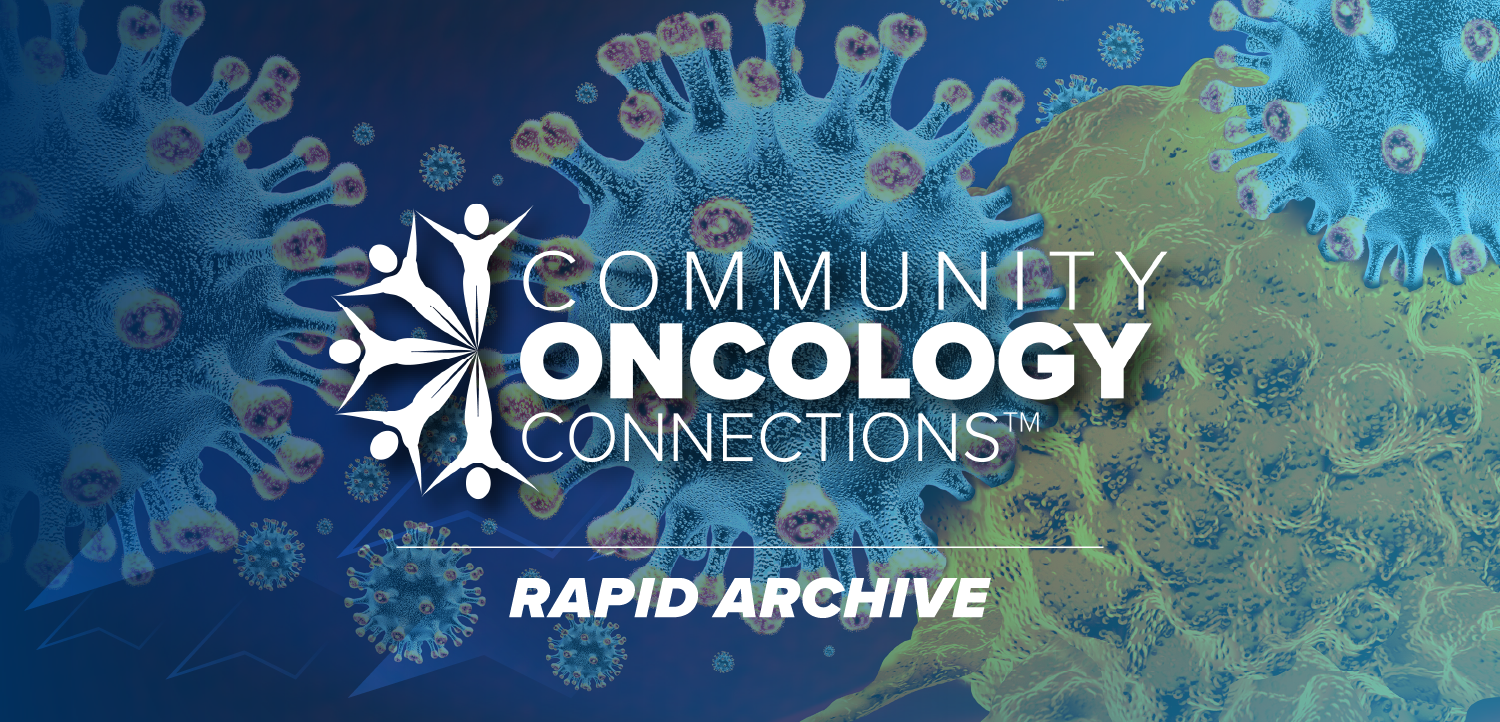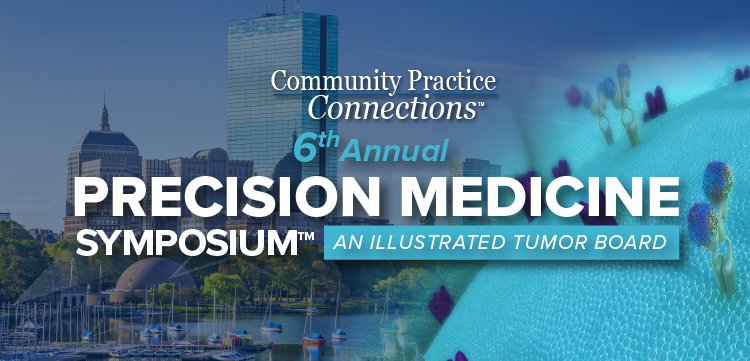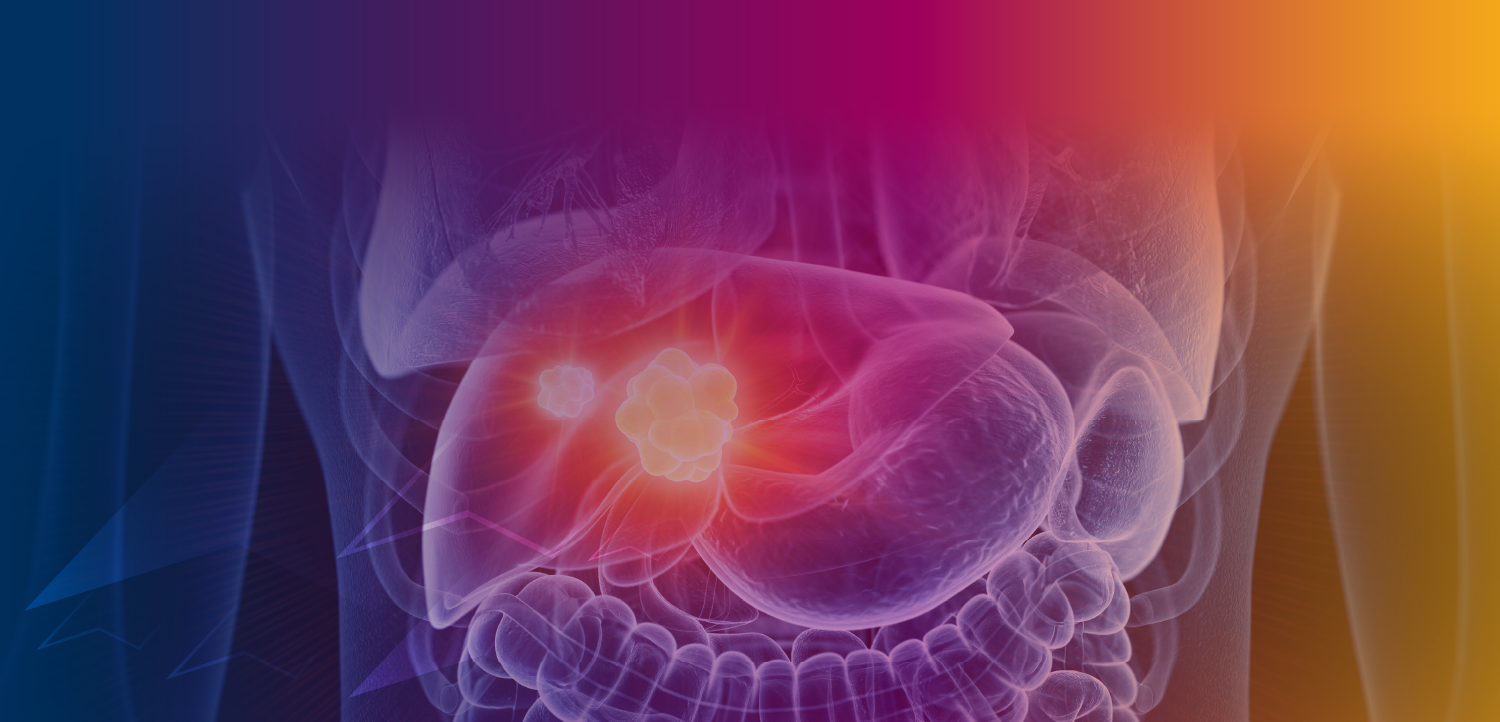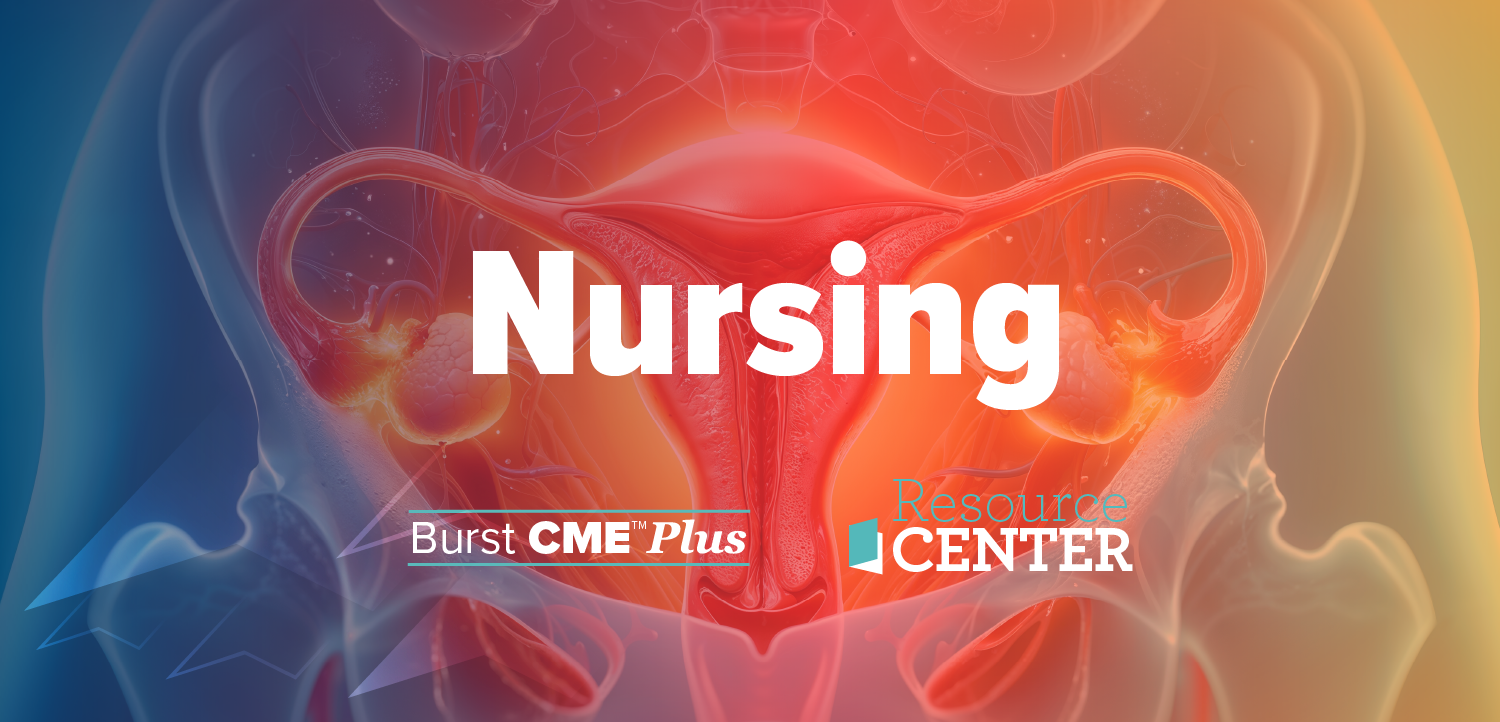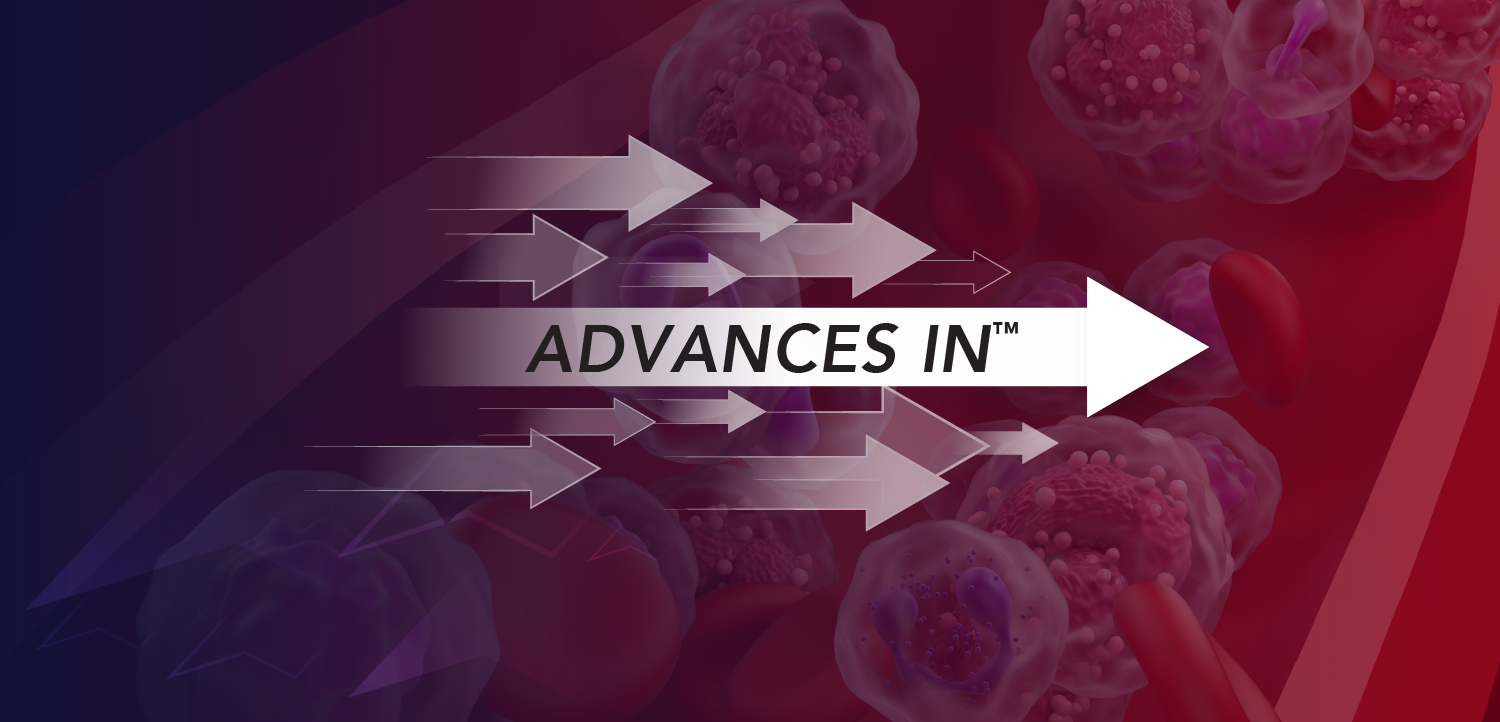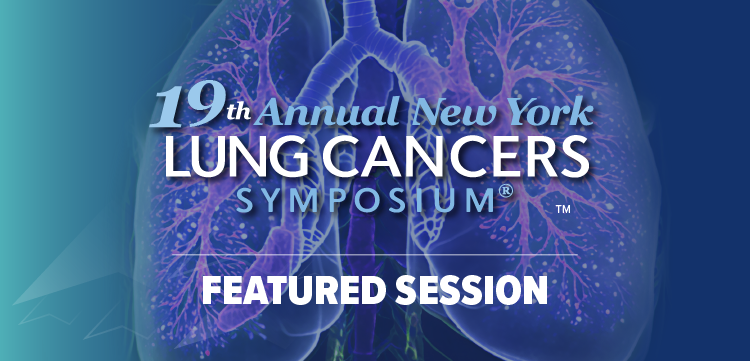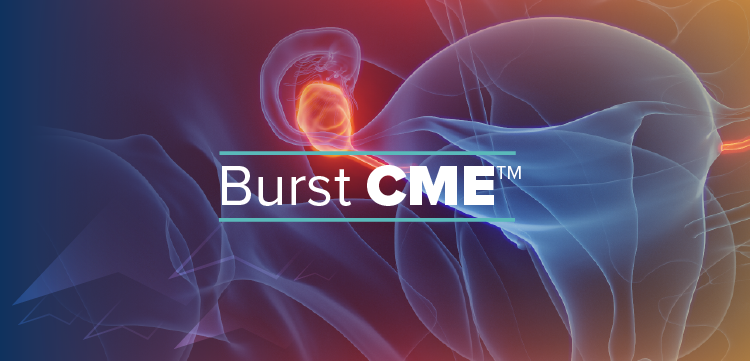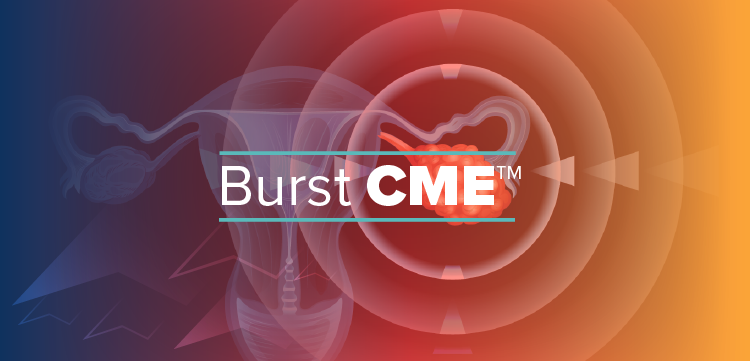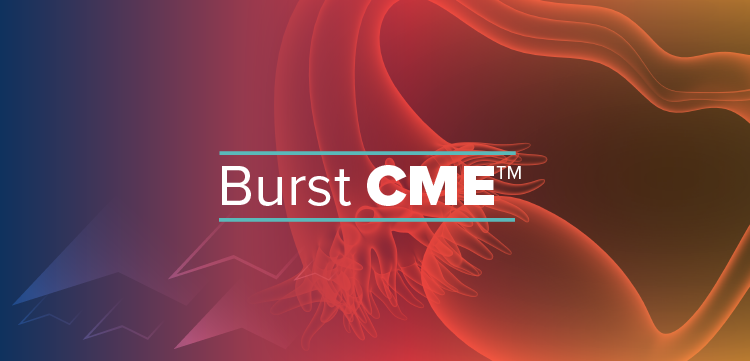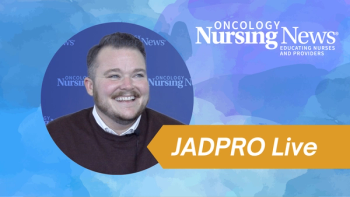
NHL Referee Thanks Nurses, Caregivers During Cancer Treatment
After being diagnosed with essential thrombocythemia, former NHL referee Kerry Fraser did his best to maintain a positive attitude – and he says his oncology nurses played a huge role in that.
After being diagnosed with essential thrombocythemia, former NHL referee Kerry Fraser did his best to maintain a positive attitude — and he says his oncology nurses played a huge role in that.
“The community and the support you get is critical,” he said in a
In the interview, Fraser discussed the many ups and downs he faced in the last two years, and what kept him motivated throughout it all.
Oncology Nursing News: How did you get used to your "new normal" after being diagnosed?
Fraser: That's a great question because there are times when we go along. It's been 2 years, pretty much, since I've been diagnosed, and you work at it and for me, one of the side effects was fatigue. I'm a "go-go-go," an Energizer bunny kind of guy. But I found with this at some point in a month, or in a week, I'd hit the wall, and I would have to go down. I just couldn't fight it off. When I needed to rest, I rested. It could be 12 to 14 hours, but it recharged the batteries, and away I'd go again.
The one thing that I found is that exercise really helps. It helps me mentally and physically. It recharges the batteries no differently than when I refereed. If I flew out to Los Angeles and I was going to be on a 10-day trip out there, and I was tired from being at home and my wife and I have 7 children, so consequently, I was usually tired when I left home. But rather than go to bed out there, the first thing I did was put on my gym gear and go down and ride the bike. That's kind of the mindset that I have now. I typically do a 10- to 12-mile ride at a good clip. I monitor my heart rate so that my training zone as a referee was 165 to 168 beats per minute.
I'm now 67 years old. I still train in the 155 to 158 beats per minute range, which kind of scared my hematologist, but he said, "Hey, if you're doing it, and you're used to doing it, keep doing it."
You touched upon your support system earlier. In previous interviews, you mentioned that your wife is the ultimate caregiver. How did she cope after your diagnosis?
Not very well. She's my best friend. She is the most loyal, devoted fan that the referee could ever have, even when they chanted "Fraser sucks!" she was in the building trying to calm them down.
This was very difficult for Kathy because there was uncertainty at first. We were told that maybe at the outside what they know was a 20-year lifespan. Gosh, that would be great. Give me 20 and I'd be happy. But there was also the potential for something that could spin-off from this that would be pretty tough to deal with, or more difficult. So there's always that fear in Kathy's mind. She's the website surfer, which, in some sense is not that good because of all the symptoms that she found. There were signs that I had an issue, but I just didn't pay attention to it.
So now Kathy is the assistant captain on our team. She makes sure that I eat right. She's the voice of reason in the back of my head, [saying], "Slow down a little bit Kerry. You're doing too much." I coach kid's hockey. There were nights last year when I just didn't feel strong enough to go out on the ice, but I knew the kids needed me to go on the ice, and I did. And I came home feeling better than when I left. Those are the kinds of things you can't get give in. Just like Martin Nessier said, and I said this to Kathy, "We're never giving up. Giving up is not an option. We're going to win."
Every day is a new day. Be happy. Enjoy things and smell the roses. For me, I was given a light pail to carry, honestly. Sometimes I feel, "Why did I get such a light pail, and my brother, who is up in Canada, is battling stage IV abdominal cancer." So you take what you get, and you work hard to try to beat it. That's the message I'm giving.
First of all, diagnosis, you got to get checked. If I didn't have that fatty cell, I might not be sitting here. So it's really important that people at least get an annual blood test, and if your platelets are high, don't just poo poo it. As we went back through my NHL records and my training camp blood tests, there was a sign it was starting to elevate back then in 2003. So here we are, at 2018 and I'm diagnosed, but there was a pattern that was developing, and I just wasn't listening.
How are you using your platform with the NHL to help raise awareness for your disease?
When I was in Aruba after being diagnosed, I wanted to get the message out and I wrote an article that was posted on NHL.com. I wanted people to, first of all, understand that it was through a random blood test that I was diagnosed. So I wanted them to understand how important it is, at least annually, to have some bloodwork done and pay attention to the signs. That's first and foremost. Give yourself a chance to win.
The other part of it was that I didn't want people to have false information. There's so much misinformation out there through social media. [We'd see things like], "Oh, Fraser is dying." Some might say, "Oh, good, it's about time. He missed that call!"
But it's really important to get the right message and provide hope and also support. I can't tell you how many people contacted me through social media, through my website KerryFraser.com. The head of the Canadian MPN Foundation reached out in an email through my website and said, "Call, I an give you some information." So those are the kind of things that give you a lift. You feel not only just supported, but you don't feel alone. It affects everybody.
Looking forward, where do you see the treatment of MPNs headed?
Hopefully for a cure. Ideally, that's what we all hope for, right? Short of miracles, which do happen, and I've seen. For awareness, first of all. Second of all, that funds are generated for research and more is being known through the medical field and through the various drug companies that are looking to prolong people's lives to beat it, to go into remission, and to live live and long and prosperous lives. Without that, where would we be?
Given that MPNs are chronic diseases, how do the oncology nurses factor into your care team?
It's really important for the oncology nurses to learn and know, and they already know it. But from a patient's perspective, that very first visit to the cancer clinic, I saw people in the waiting room with no hair, kerchiefs, bandanas gone, really struggling. And it can cause a new patient to feel a lack of hope and to sort of envision, "Is that where I'm headed?"
Out bounced a bubbly oncology nurse. "Kerry Fraser?" [she said] "Hey! How are you doing today? And Mrs. Fraser?" And she was so upbeat. It just lifted everything up internally. I bounced along with her. I took on her attitude in that one moment where I left all of the other patients sitting in chairs, and some in wheelchairs.
It was an important thing. The first person that I was in contact with for treatment or follow-up diagnosis was this bubbly, happy, compassionate, friendly nurse.
Keep up the good work, ladies and gentlemen, because it's really important from a patient perspective what you provide


